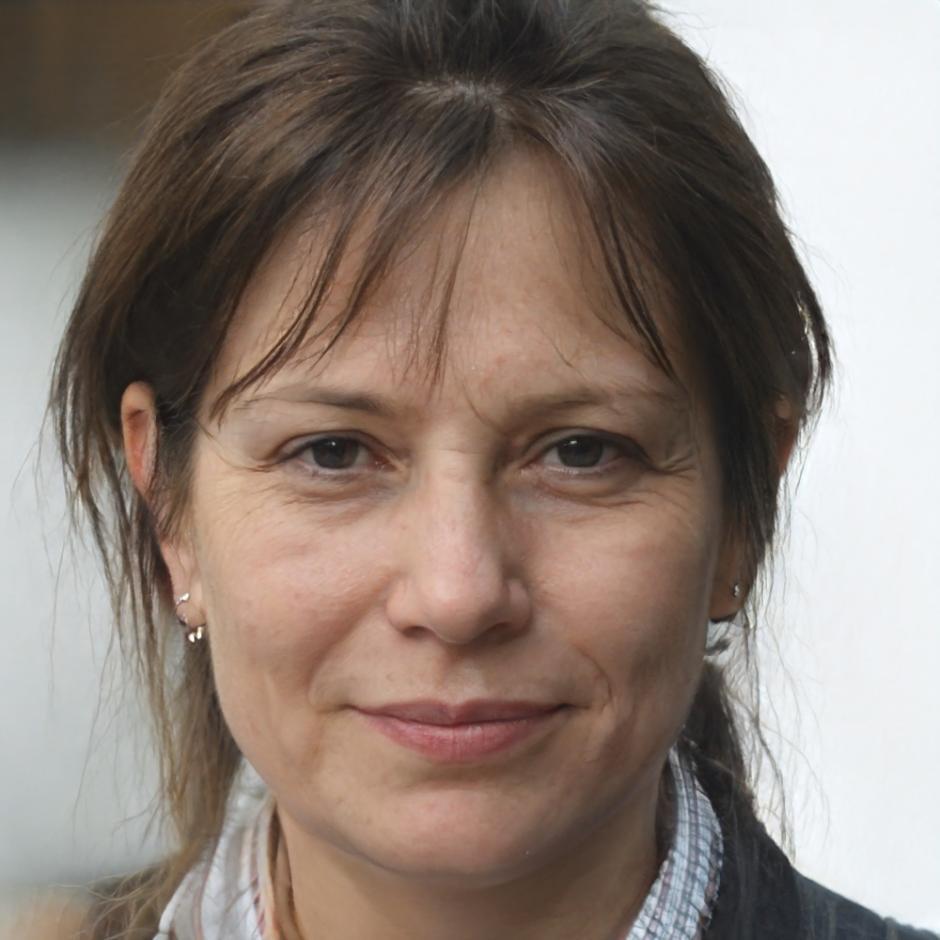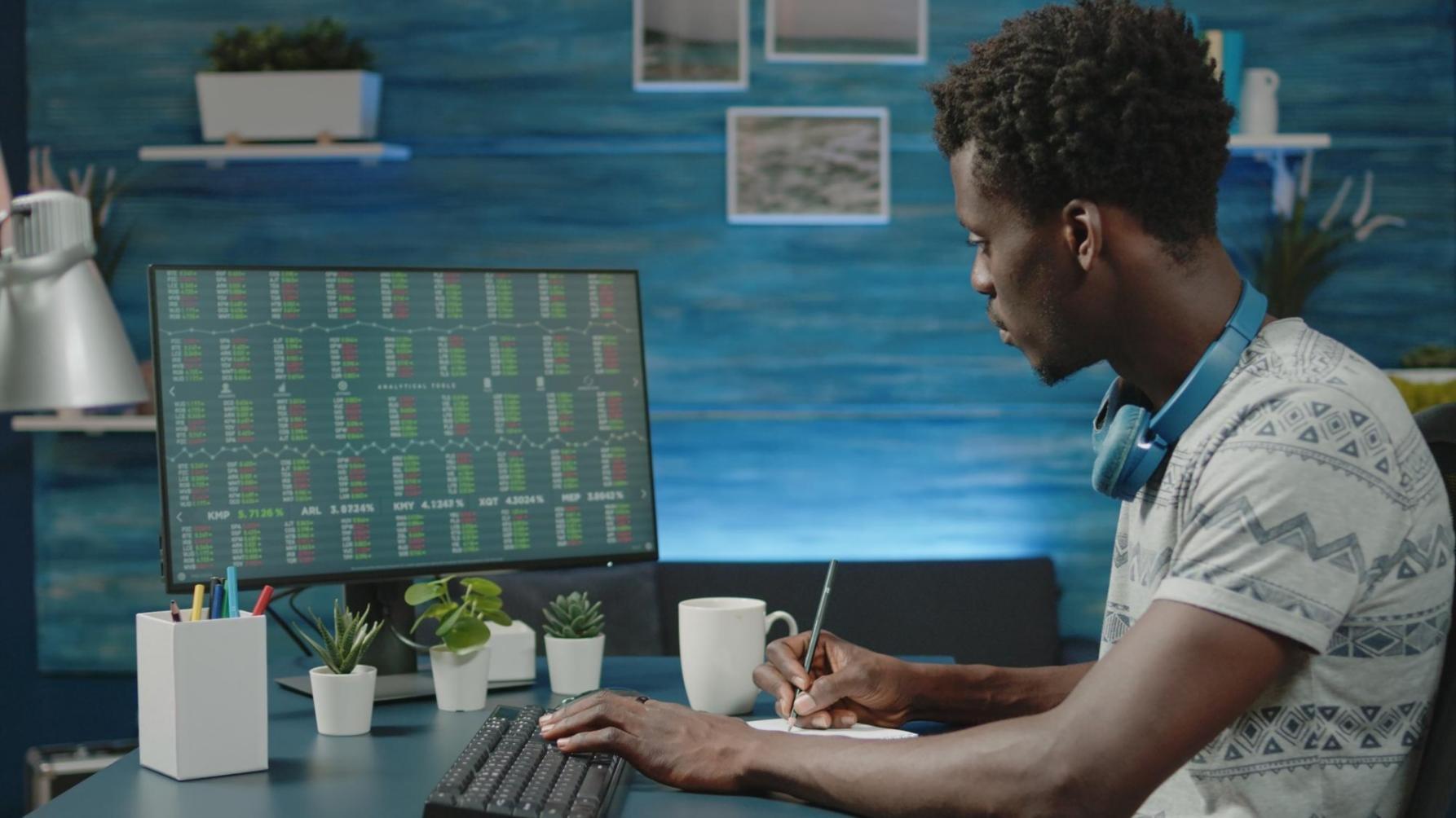Build Things That Move
We're looking for people who get excited about gravity, momentum, and making digital objects behave like real ones. If you've ever wondered why a bouncing ball looks wrong or how to make cloth actually drape, you might fit here.
See What's OpenHear From People Already Here
Our team comes from different backgrounds. Some studied physics in university. Others taught themselves through late-night experiments and broken code. What connects everyone is curiosity about how things actually work.

Driton Berisha
Senior Physics DeveloperI came here after working on architectural visualization software. Honestly? The jump to games felt scary at first. But the team gave me space to learn collision systems at my own pace. Now I'm debugging ragdoll physics at 2am and somehow enjoying it.

Leonora Krasniqi
Curriculum DeveloperTeaching physics concepts to game developers requires a different approach than traditional education. Students here want to see results immediately. So we build courses around actual problems like making a car handle realistically or simulating water that doesn't look plastic.
Current Openings
These roles open up as our programs expand. We're planning new courses for autumn 2025 and need people who can contribute both technical skills and teaching perspective.
Physics Systems Developer
Build realistic physics interactions for 3D game environments. You'll work with collision detection, rigid body dynamics, and real-time simulation systems. Experience with Unity or Unreal physics engines helps, but we value problem-solving ability more than specific tools.
Technical Instructor - Game Physics
Teach advanced physics concepts for game development. Create curriculum materials and guide students through hands-on projects involving real-time simulation. You should be comfortable explaining complex topics like angular momentum or soft body physics to people with varying backgrounds.
Learning Experience Designer
Design how students interact with our learning platform. This means building interactive demos, creating visual explanations of physics concepts, and testing different teaching methods. Background in educational technology or UX design would be useful here.
What Working Here Actually Looks Like
Most days involve deep focus time in the morning when everyone's building or writing. Afternoons tend toward collaboration because that's when the tricky problems come up.
We don't do mandatory fun or forced team bonding. But people often grab coffee together to discuss why a particular physics simulation isn't working right. Those conversations usually help more than any formal meeting.


Ready To Talk?
Send us what you've been working on. A portfolio, GitHub repos, teaching materials you've created, or just an explanation of a physics problem you solved recently. We care more about how you think through problems than your resume format.
Get In Touch